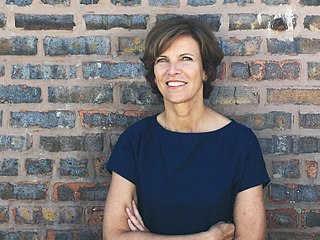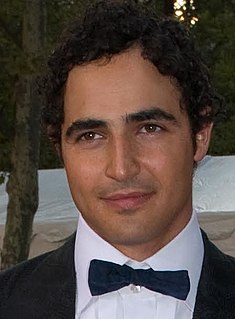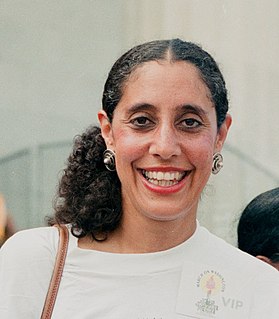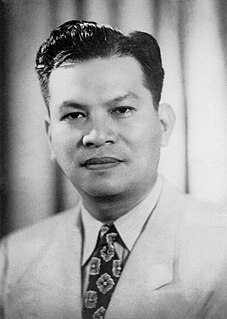A Quote by Jeanne Gang
If you want to push design into new areas, you have to work closely across the boundaries of people's trades and professions. If you know the questions to ask, you can pull out the expertise.
Related Quotes
I would love to just have the work do the talking. We're in positions where people ask us questions; they want to know about more than just the work. And it can go into areas where I've completely shot my mouth off, whether it's too much about my private life or being too opinionated about things in the world. I think the better thing to do - I've learned this from people far wiser than me - is to do very good, quiet work behind closed doors.
I'm trying to be morally responsible and no more. I don't have an agenda I'm trying to push. People talk about Three Days of the Condor as being anti-government but the last statement in that movie is the CIA guy saying to Robert Redford, "Ask 'em when they're running out. Ask 'em when there's no heat in their homes and they're cold. Ask 'em when their engines stop. Ask 'em when people who have never known hunger start going hungry. You want to know something? They won't want us to ask 'em. They'll just want us to get it for 'em!"
A lot of what I know as a filmmaker is because of hockey. That's teamwork, and being able to collaborate with people, and be creative with them, and get the most out of everybody. Everyone's got different talents, and you've got to bring out the best of everybody, and use your strengths and work together, and try and evolve it rather than do what was done before you, and to push into new areas.
Systematic theology will ask questions like "What are the attributes of God? What is sin? What does the cross achieve?" Biblical theology tends to ask questions such as "What is the theology of the prophecy of Isaiah? What do we learn from John's Gospel? How does the theme of the temple work itself out across the entire Bible?" Both approaches are legitimate; both are important. They are mutually complementary.
I won't call my work entertainment. It's exploring. It's asking questions of people, constantly. 'How much do you feel? How much do you know? Are you aware of this? Can you cope with this?' A good movie will ask you questions you don't already know the answers to. Why would I want to make a film about something I already understand?
Every time you get into a new job, new location, you have an amazing opportunity in front of you. You get to play dumb for as long as people will allow you to play dumb. You get to ask all the dumb questions, you get to ask multiple people the dumb questions, and you get to make mistakes. Thats how you stand out in the crowd.
Every time you get into a new job, new location, you have an amazing opportunity in front of you. You get to play dumb for as long as people will allow you to play dumb. You get to ask all the dumb questions, you get to ask multiple people the dumb questions, and you get to make mistakes. That's how you stand out in the crowd.
...one exploiting sect, one people of leeches, one single devouring parasite closely and intimately bound together not only across national boundaries, but also across all divergences of political opinion ... [Jews have] that mercantile passion which constitutes one of the principle traits of their national character







































